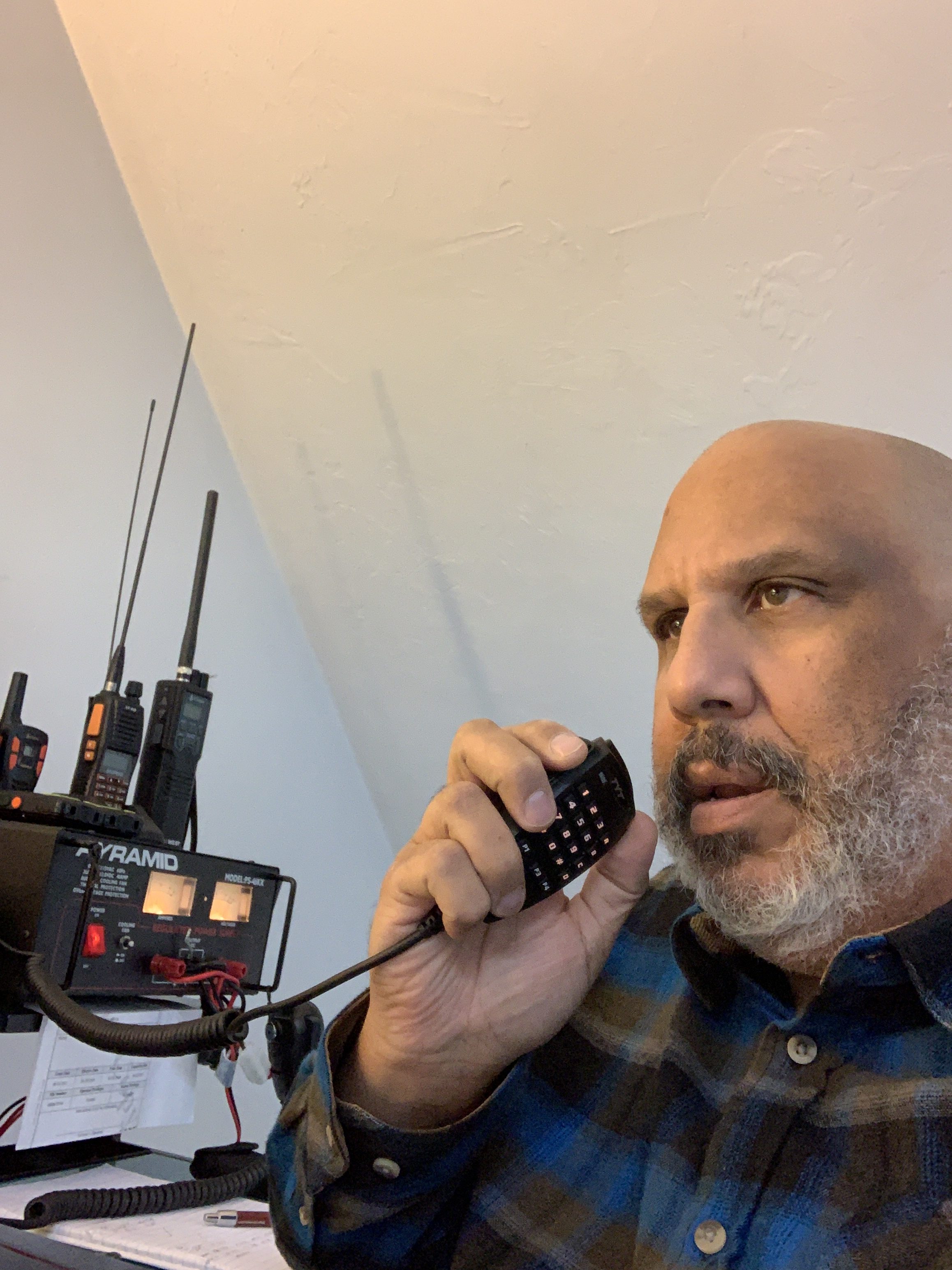Amateur radio, often known as ham radio, is a beloved hobby for many enthusiasts worldwide. It’s a means of communication that spans vast distances, connecting people with shared interests in technology, emergency communication, and simply the joy of reaching out to others across the airwaves. However, amid the crackle of static and the exchange of signals, there’s a persistent issue that grates on the nerves of many amateur radio users – the misuse of the phonetic alphabet.
In the world of amateur radio, clarity is key. Whether you’re making contact across towns or continents, ensuring that your message is clearly understood is essential. This is where the phonetic alphabet comes into play. Developed to eliminate ambiguity, the phonetic alphabet assigns specific words to each letter of the alphabet, making it easier to understand and transcribe letters accurately, especially in challenging conditions or when dealing with language barriers.
Despite its importance, many amateur radio users neglect to use the correct phonetic alphabet when identifying themselves with callsigns. Instead of utilizing established standards like “Alpha,” “Bravo,” and “Charlie,” they opt for alternative words or even make up their own. While this may seem harmless, it can lead to confusion and misunderstandings, particularly in situations where clarity is crucial.
So, what can be done to address this issue? Education and advocacy are key. By promoting awareness of the phonetic alphabet and its significance within the amateur radio community, we can encourage adherence to established standards. This could involve incorporating phonetic alphabet drills into licensing exams, providing resources and guides for new operators, and fostering a culture of professionalism and precision on the airwaves.
Amateur radio is a hobby that brings people together, fostering connections and camaraderie across borders and cultures. However, amidst the static and signals, the misuse of the phonetic alphabet remains a persistent frustration for many operators. By emphasizing the importance of clarity and adherence to established standards, we can work towards ensuring that amateur radio communication is as clear and effective as possible, whether we’re chatting casually or responding to a crisis. After all, in amateur radio, every word – and every letter – counts.

